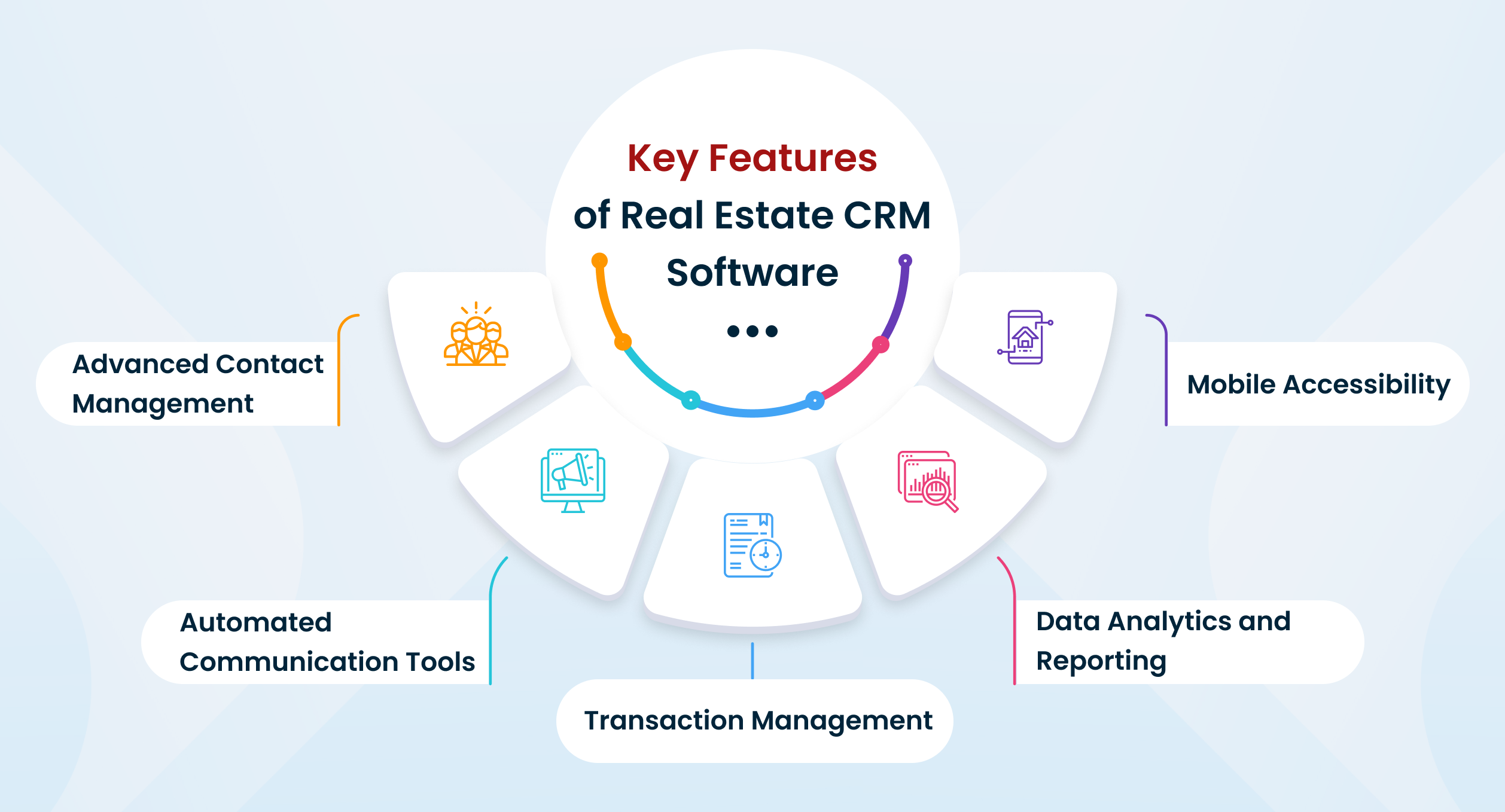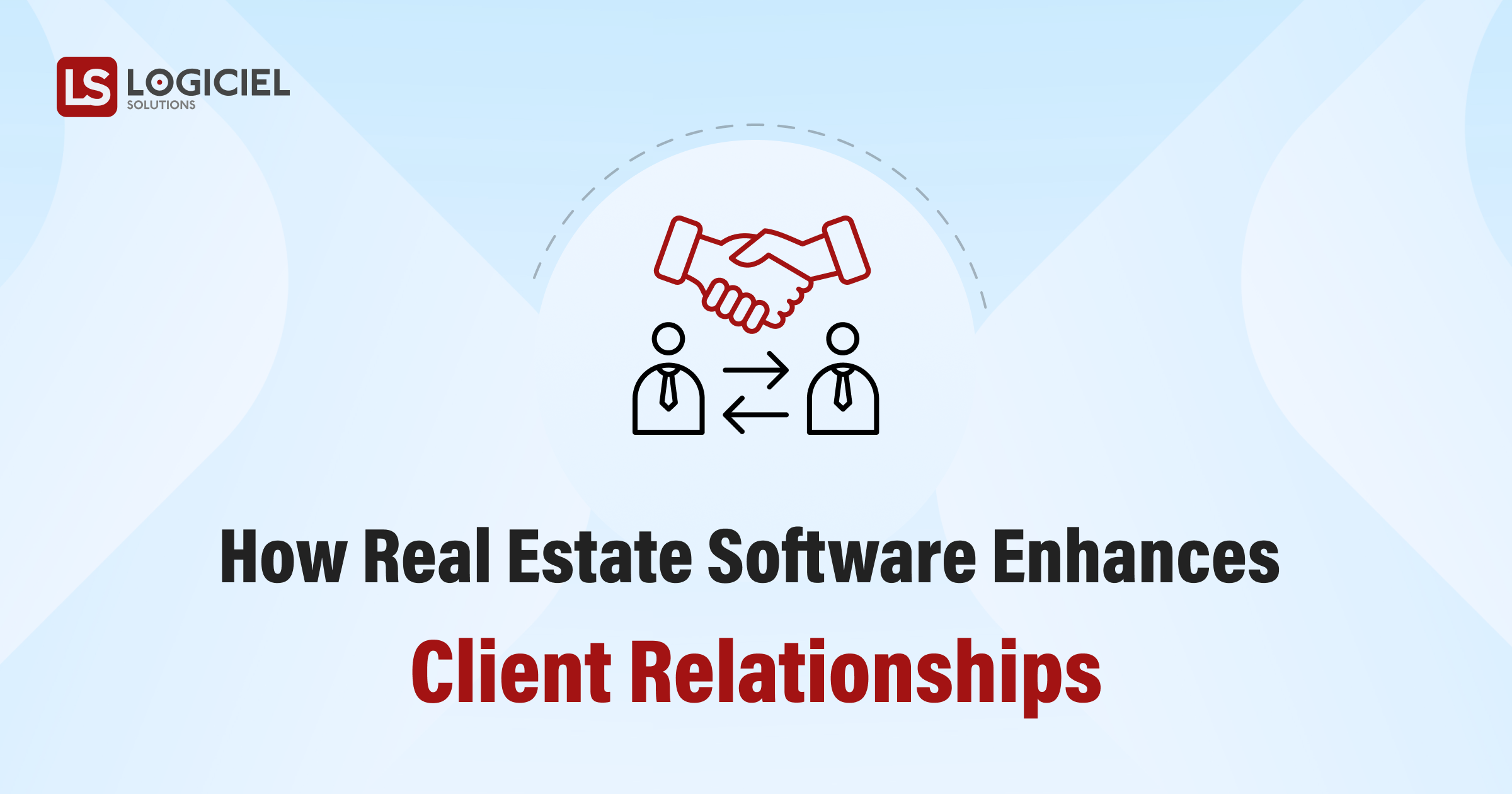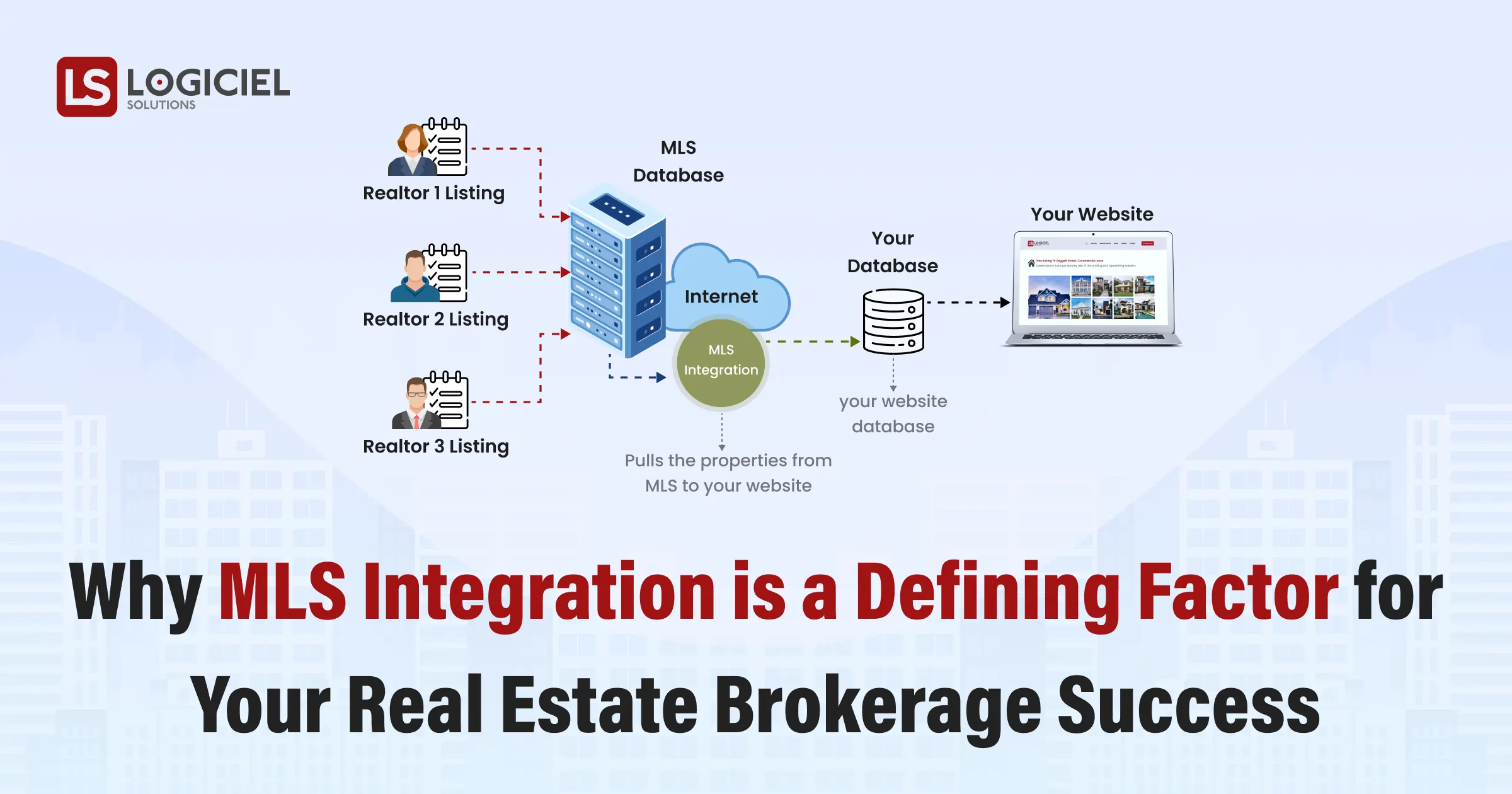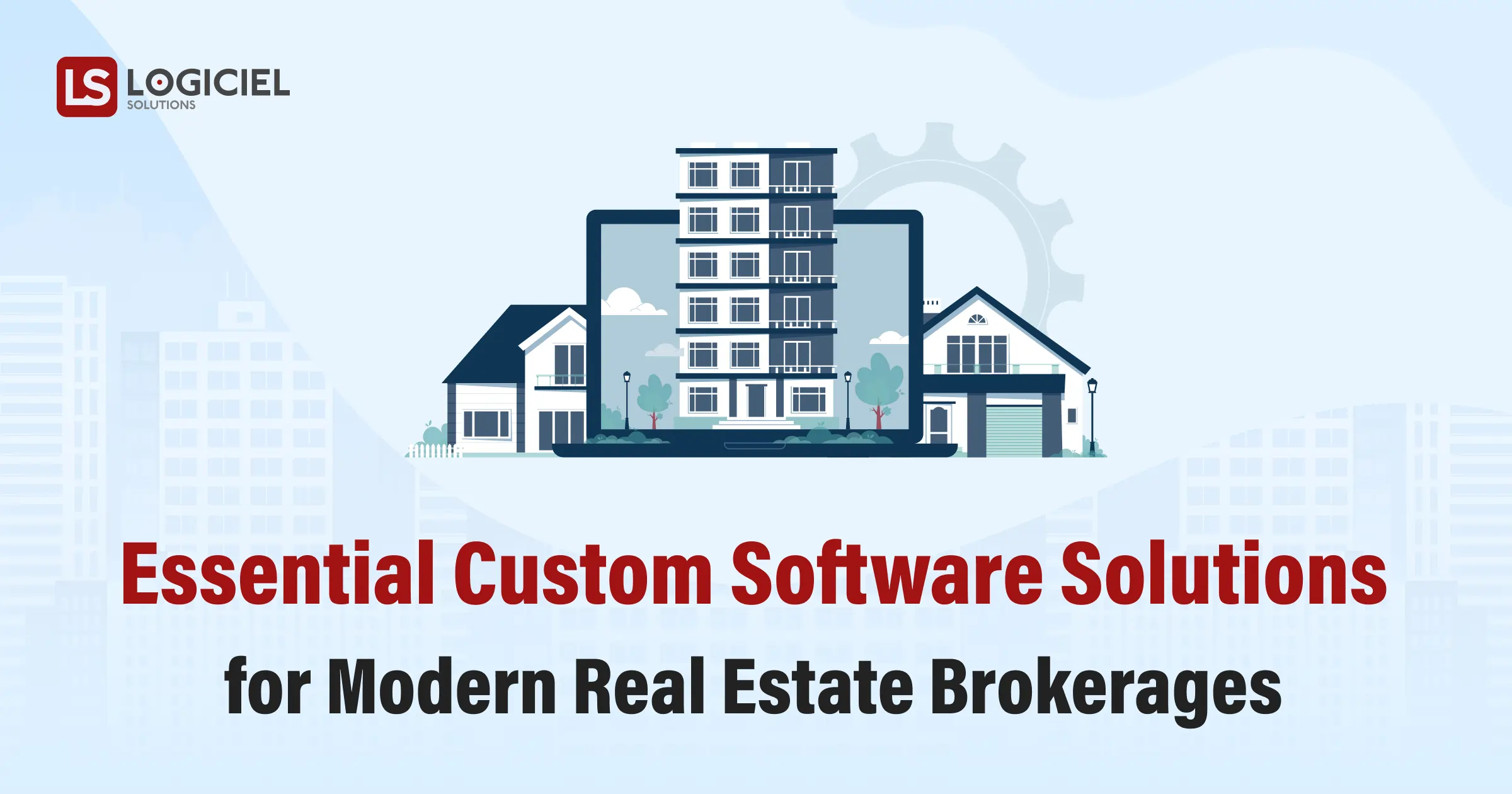As a real estate professional, your work keeps you constantly on the move. Whether in the office or out in the field, having all your tools in one platform is essential. Organized data is not just the key to success—it’s crucial for scaling your business and selling more homes.
A real estate CRM offers a comprehensive solution tailored to support agents like you in managing, attracting, and nurturing relationships with both current and potential clients.
Whether you specialize in residential or commercial real estate, an effective CRM can significantly enhance your ability to sell faster and more effectively. Read on to discover more:
The Role of CRM in Real Estate
In today’s fast-paced market, real estate professionals juggle numerous clients, leads, and transactions simultaneously.
A dedicated CRM system streamlines these complexities by centralizing client data, automating tasks, and enhancing communication channels. This technology-driven approach not only improves operational efficiency but also elevates the overall client experience.
1. Enhancing Communication and Transparency
Effective communication lies at the heart of every successful real estate transaction. A specialized CRM system empowers agents to maintain clear and consistent communication throughout the buying or selling process.
Through automated updates, secure messaging systems, and synchronized calendars, agents ensure that clients are informed about property listings, showing schedules, and critical deadlines.
This transparency not only builds confidence but also reinforces the agent-client relationship by keeping clients actively engaged and informed.
2. Personalizing Client Experiences
Real estate CRM systems excel in personalization, allowing agents to tailor interactions based on individual client preferences and behaviors. By leveraging advanced CRM capabilities, agents can track client preferences, transaction histories, and specific requirements.
This deep understanding enables agents to provide personalized property recommendations, relevant market insights, and proactive customer service. Such tailored experiences not only enhance client satisfaction but also establish agents as trusted advisors, driving long-term loyalty and referrals.
3. Streamlining Transactions and Operational Efficiency
Navigating the intricacies of real estate transactions requires meticulous attention to detail and efficient process management. A comprehensive CRM system simplifies these tasks by centralizing documentation, automating workflows, and facilitating secure digital transactions.
Agents can manage tasks such as document storage, e-signatures, and compliance checks seamlessly, reducing administrative burdens and minimizing errors. This operational efficiency not only improves transaction timelines but also enhances client trust by ensuring a smooth and hassle-free experience.
4. Leveraging Data Insights for Informed Decision-Making
Data-driven decision-making is crucial in today’s competitive real estate market. CRM systems provide agents with actionable insights into market trends, property values, and client preferences.
By analyzing data and leveraging predictive analytics, agents can offer strategic advice aligned with clients’ financial goals and investment objectives.
This proactive approach not only enhances client confidence in their agent’s expertise but also positions agents as valuable partners in achieving their real estate aspirations.
Key Features of Real Estate CRM Software
Effective real estate CRM software offers a range of essential features designed to optimize client relationship management and operational efficiency:

- Advanced Contact Management: Comprehensive tracking of client interactions, preferences, and transaction histories.
- Automated Communication Tools: Integration of automated updates, secure messaging, and synchronized calendars for seamless client communication.
- Transaction Management: Centralized storage of transaction documents, automated workflows, and e-signature capabilities.
- Data Analytics and Reporting: Real-time insights into lead conversion rates, sales pipeline analysis, and performance metrics.
- Mobile Accessibility: On-the-go access to client information, property listings, and communication tools via mobile devices.
The Evolution of Real Estate CRM Systems
Real estate CRM systems have evolved significantly to meet the growing demands of agents and brokerages in an increasingly digital landscape. Initially, CRM platforms focused on basic contact management and scheduling.
Today, they incorporate sophisticated features such as artificial intelligence (AI) for predictive analytics, machine learning algorithms for personalized client recommendations, and blockchain technology for secure transaction management.
1. AI and Machine Learning in Real Estate CRM
AI-powered CRM systems analyze vast amounts of data to predict client behavior, market trends, and property valuations. By harnessing machine learning algorithms, agents can anticipate client needs, tailor marketing campaigns, and optimize pricing strategies.
This predictive capability not only enhances client satisfaction but also boosts agent productivity by automating routine tasks and providing actionable insights for strategic decision-making.
2. Blockchain Technology for Security and Transparency
Blockchain technology is changing real estate transactions, making them more secure, transparent, and efficient.
Real estate CRM platforms leverage blockchain to create immutable records of property ownership, streamline contract management, and facilitate secure digital transactions.
This decentralized approach reduces fraud, minimizes transaction costs, and accelerates the closing process, thereby enhancing trust between all parties involved in a real estate transaction.
3. Integrating Real Estate CRM with Marketing Automation
Effective marketing is essential for attracting and retaining clients in the competitive real estate market. CRM systems integrate seamlessly with marketing automation tools to streamline lead generation, nurture client relationships, and measure campaign effectiveness.
Agents can create personalized email campaigns, social media strategies, and targeted advertisements based on client preferences and behavior data captured within the CRM.
This integrated approach not only maximizes marketing ROI but also strengthens brand awareness and client engagement across multiple channels.
4. Compliance and Regulatory Considerations
Real estate transactions are governed by stringent compliance regulations and industry standards. CRM systems equipped with compliance management features help agents navigate legal requirements, maintain audit trails, and ensure data protection.
By adhering to regulatory guidelines, agents mitigate risks, build credibility with clients, and uphold ethical standards in their business practices.
5. Choosing the Right Real Estate CRM System
Selecting the right CRM system is critical for real estate agents looking to enhance client relationships and streamline operations.
Key considerations include scalability to accommodate business growth, integration capabilities with existing tools and platforms, user-friendly interface for ease of adoption, and robust customer support for ongoing training and technical assistance.
Conclusion
Integrating a robust CRM system into real estate practices enhances client relationship management by improving communication, personalizing experiences, streamlining transactions, and leveraging data-driven insights.
By prioritizing client satisfaction and operational efficiency, real estate agents can establish themselves as trusted advisors and industry leaders, driving long-term success and profitability.
As technology continues to evolve, real estate CRM systems will play an increasingly pivotal role in shaping the future of client engagement and transaction management in the real estate industry.
By embracing innovation and leveraging advanced CRM capabilities, agents can stay ahead of the competition, deliver exceptional service, and achieve sustainable growth.




